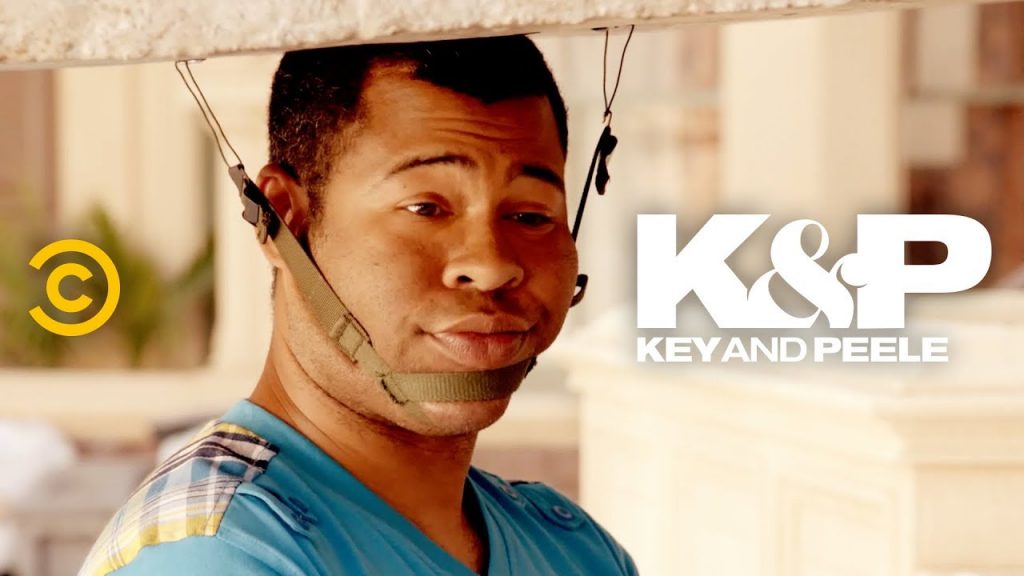10 Psychology Tricks That Work ON ANYBODY

10 Mind Game Tricks You Can Do On Your Friends.
The human brain is a powerful organ, but not so powerful that you can’t easily manipulate the minds of others. By using these sneaky tricks, you can fool people into doing exactly what you want them to do, without them even knowing what’s going on! From defusing a sticky situation in the boardroom to catching a stalker, these are 10 psychology tricks that work on anybody.
If you ever find yourself in a sticky situation with a colleague at work, use this easy method. When you think someone is going to talk bad about you, or get aggressive with you at a meeting, just sit next to them. People are less likely to get aggressive with someone who is nearby.
How does the authority principle play a role in persuading others, and what are some ways to establish yourself as a credible authority on a topic?
Psychology is a fascinating subject, and it has an immense impact on our daily lives. It teaches us about human behavior, relationships, and communication techniques that help us understand and influence others. In this article, we will discuss ten psychological tactics that work on anybody, regardless of their personality, age, or background.
1. The power of mirroring
Mirroring is an effective technique used in psychology to build rapport with others. It involves copying the body language, tone, or speech of the person you are communicating with. By doing this, you are showing them that you are on the same page as them and that you understand their viewpoint. This, in turn, makes them more receptive to what you have to say.
2. Consistency principle
Humans naturally aim to remain consistent with their past decisions and beliefs, even if they are flawed. Therefore, if you want someone to act in a certain way, you can remind them of their previous actions that align with your desired outcome. Their past behavior will influence their current decision-making process.
3. Scarcity principle
The principle of scarcity is about creating a sense of urgency or limited availability to increase the value of an object, idea, or action. By making something rare or difficult to obtain, people place more value on it. This is why limited-time offers, exclusive access, and special editions are successful marketing tactics.
4. Authority principle
People are more likely to obey those who they perceive as experts or figures of authority. Therefore, to influence others, you can establish yourself as a credible authority on a topic, dress appropriately, or use language that demonstrates your expertise.
5. Reciprocity principle
The principle of reciprocity states that people feel compelled to give something back when they receive something. Therefore, if you do something nice for someone, they are more likely to return the favor. For instance, if you help someone out financially, they may feel obliged to help you back in the future.
6. Social proof principle
We often look to others for guidance when making decisions. Therefore, if you can demonstrate that a lot of people are doing something, others are more likely to follow suit. This is why customer testimonials, reviews, or social media likes and shares are successful persuasion tactics.
7. Anchoring principle
The anchoring principle suggests that people place too much emphasis on the first piece of information they receive before making a decision. Therefore, you can use this principle to your advantage by presenting a high price or a high standard first. Subsequently, anything that comes after it will feel like a bargain or a compromise.
8. Positive reinforcement
Positive reinforcement is a powerful motivator that encourages people to repeat a certain behavior. The reward can be tangible or intangible, but the aim is to encourage positive behavior. For example, rewarding someone with praise, recognition or promotions for good work can motivate them to continue working hard.
9. Behavioral priming
Behavioral priming is the idea that our past experiences and environments can subconsciously influence our behavior. Therefore, if you want someone to act a certain way, you can set the tone by using positive language, attitudes, and behavior. This creates an environment that encourages the desired behavior to take place.
10. The power of anticipation
The anticipation of receiving a reward or experiencing something pleasurable can be just as rewarding as the reward itself. Therefore, you can use this to motivate someone to act in a certain way by providing them with an incentive to look forward to. For example, a company that offers a free gift with purchase creates the anticipation of receiving a package, which can be exciting and motivating.
In conclusion, psychology provides us with powerful tools to influence and persuade others. By understanding human behavior and using proven tactics, we can make a positive impact in our personal and professional lives. The next time you find yourself in a situation where you need to convince someone, try using one of these ten psychology tricks to get the outcome you desire.
Warning: Trying to access array offset on value of type null in /srv/users/infosearched-network/apps/infosearched-network/public/wp-content/themes/rehub-theme/functions/review_functions.php on line 499
Warning: Trying to access array offset on value of type null in /srv/users/infosearched-network/apps/infosearched-network/public/wp-content/themes/rehub-theme/functions/review_functions.php on line 503









Is Leaded Fuel better than Unleaded? Let’s find out!
The Truth About Teresa Giudice’s Plastic Surgery
Celebrities Who Openly Trashed Beyonce
THRIFT FLIP // turning ugly clothes into cute clothes
The Real Reason You Don’t Hear From Tobey Maguire Anymore